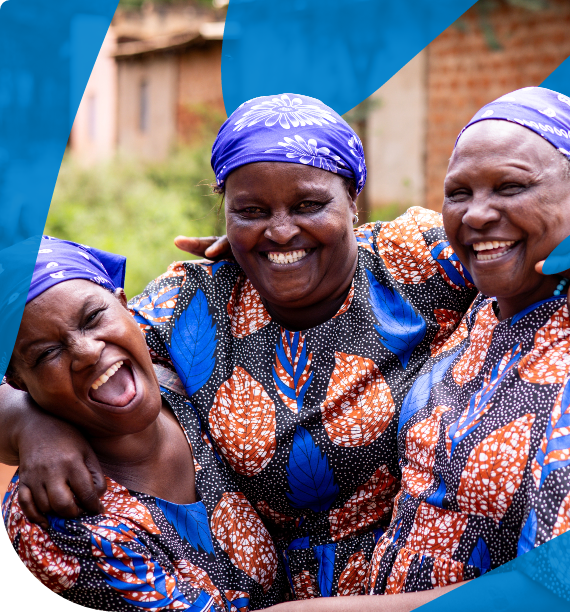Our role is simple: equip under-served women with the skills and resources to earn more money. The Hand in Hand model does just that.
Help us create over 10 million jobsThe Hand in Hand model
Developed over twenty-years, our step-by-step model equips women long-term. With 10 million women earning more already, its proven success is ready to scale even further.
01
We work with communities to challenge social attitudes that hold women back
02
We establish self-help groups so women can learn and save together
03
We provide business training that builds women’s skills and confidence
04
We create market and credit connections linking women to new value chains
05
We accelerate business growth to reach larger markets

The tools that ignite economies
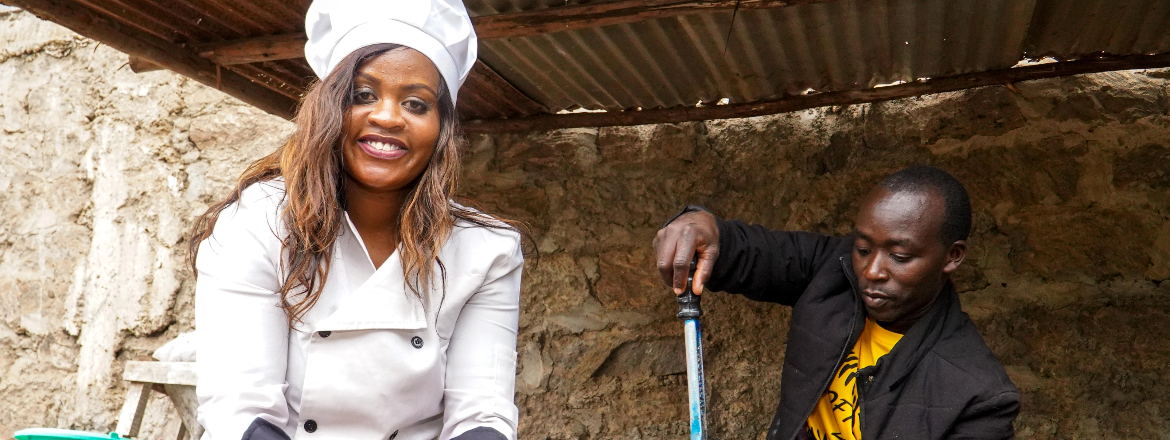
For the women we work with, opportunities are scarce – especially for formal employment. Many want to start businesses as it’s their only option to earn money, but they lack the training to make it happen. We provide hands-on training that builds financial and business literacy, covering basics like accounting, budgeting and marketing to equip them with a better chance of long-term success.
Read about our work in action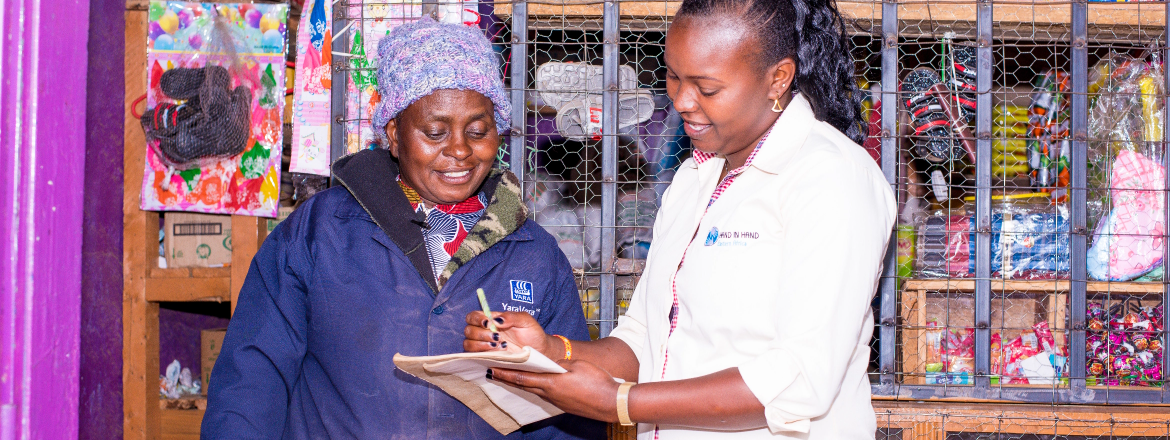
For the women running small a business, growing operations is a real ambition. If they can grow their business, they can earn more money and create more local jobs. Through our accelerator programme, we equip women with skills like financial management, advanced value chain specific training, peer mentoring and access to finance so they can supercharge their business for the long term.
By 2026, our aim is for one in three of the women entrepreneurs we support to be a part of our accelerator programme. That doesn’t just mean more local jobs, more local buying power and a stronger local economy, but more security, dignity and independence, too.
The impact: To date, our acceleration projects have reached over 9,000 people (80% women), increasing incomes by an average of 140%, with x 2.5 more women accessing credit, and a 49 percentage point increase in online sales.
Read about our work in action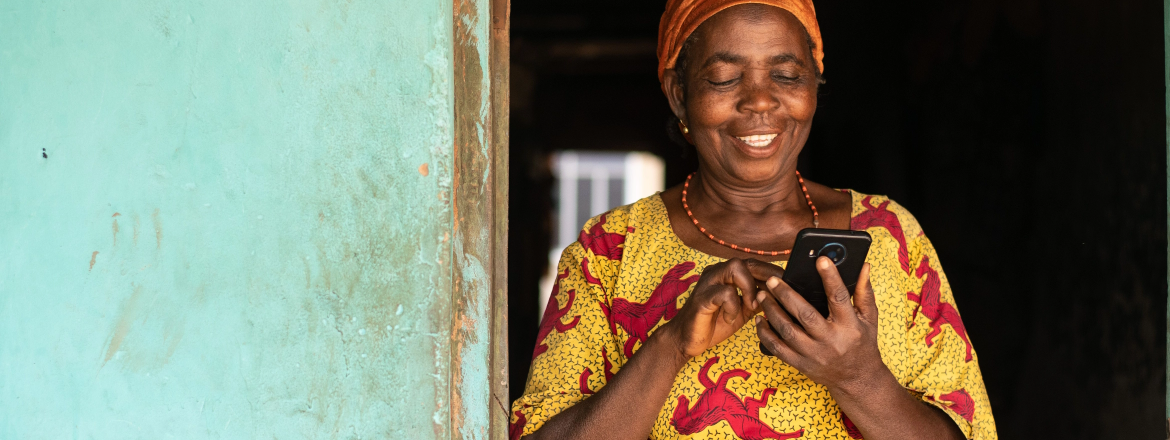
In disadvantaged communities, women are half as likely to be online as men. For those who run small businesses, going online means they can reach better suppliers and larger markets to earn more money. Through workshops and mentoring, we teach digital skills like accessing the internet and using digital tools to equip the women with the confidence and ability to grow their business online.
Read about our work in action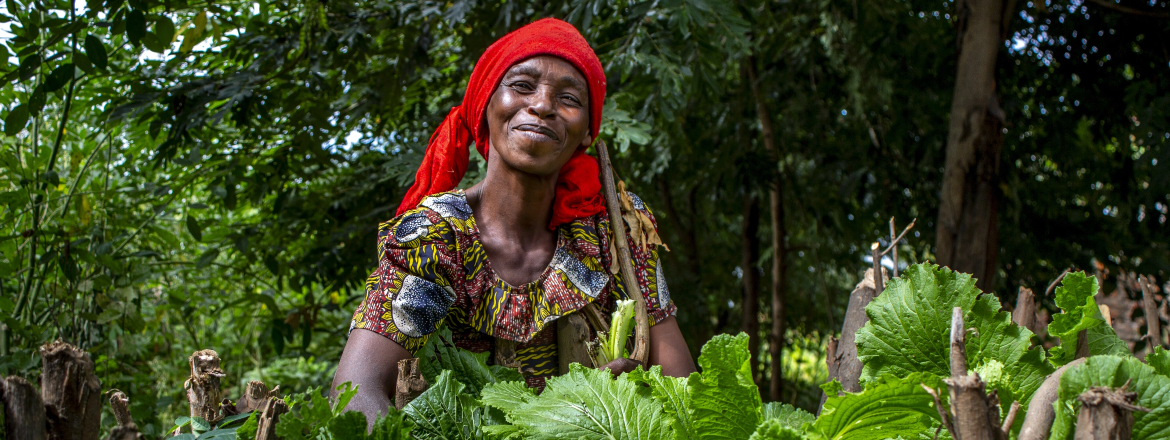
70% of the women we work with are farmers, trapped in poverty by climate-induced drought and degraded soils that impact their harvests. We offer initial regenerative farming training before running an 30 month intensive course that empowers farmers to transition towards full agroecological practices. This comprehensive programme covers composting, natural irrigation, soil-specific regenerative techniques, and advocacy skills. This holistic approach equips farmers to boost yields, earn more money and campaign for environmental change nationally.
The impact: This year, we concluded our initial pilot of this tailored approach to transition farmers to regenerative agriculture, in partnership with IKEA Foundation and UN FAO advisor and agroecology expert Dr Pablo Tittonell. The project reached 1,948 farmers (80% women) in Kenya’s Busia and Bomet regions. Results included:
- +155% average income uplift.
- 97% saw the benefits of regenerative agriculture practices (most commonly cost saving and food security).
- Soil health levels moved from ‘unsustainable’ to ‘acceptable /desirable’.
- It contributed to the development of Kenya’s first National Agroecology Strategy.
- Increased our impact via networks like Intersectoral Forum on Agroecology and Agrobiodiversity (ISFAA), Participatory Ecological Land Use Management Kenya (PELUM) and the EverGreening Alliance.
By 2030, our goal is for 75,000 women farmers to have skills to tackle climate change and improve their soil for long-term returns.
Read about our work in action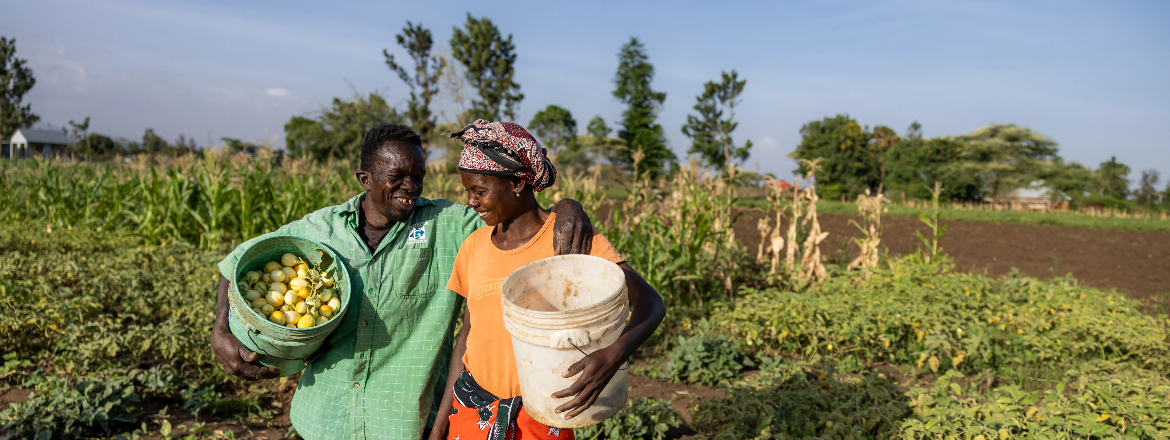
60% of the women we work with are unable to leave the house without their husband’s permission. Bound to domestic duties, it’s the men who make the decisions and earn the money. A woman working undermines the man’s position as breadwinner. With just one income, a bad harvest, accident or illness can be catastrophic.
As well as supporting women to overcome practical barriers to earning more money, we work with men and community leaders to shift the deep-rooted attitudes that hold women back. This results in stronger families, more money and more decision-making power.
The impact: This year, we will launch a project with the Fund for Innovation in Development (FID) to see if community engagement can boost women’s incomes beyond business skills training alone. The three-and-a-half-year project, one of East Africa’s largest randomised control trials, will reach 4,500 women in 144 Tanzanian villages. Our goal is to use the findings to push for governments to integrate this approach into social protection programmes.
Image Credit © Cartier Philanthropy / Karin Schermbrucker
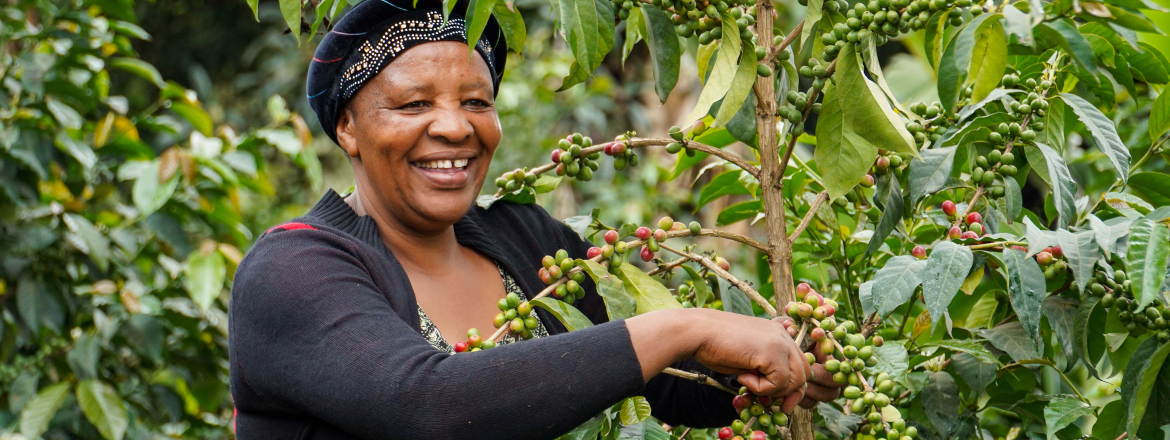
One in four women in Africa is an entrepreneur – but women receive only a fraction of the investment that men do. Beyond that, many women in our partner countries lack access to formal banking services, limiting their ability to save or borrow. We strengthen or establish self-help groups where women pool their savings and provide small loans to each other. We then connect these groups to formal microfinance institutions and banks, helping women get investment, loans and build credit histories. This approach equips women to access cash, invest in and grow their businesses, withstand shocks like medical bills or housing repairs, and break the cycle of poverty.
The impact: Access to credit is the cornerstone of our approach to equip women to earn more. To date we have:
- Run hundreds of financial inclusion forums to reach the 10% of Kenyans (the majority of whom are women) who are unbanked.
- Disbursed 74,798 loans to women entrepreneurs through Hand in Hand’s Enterprise Incubation Fund (EIF), supported by partners including Kiva and Safaricom PLC.
Our global network
8 CEOs and 8 independent boards in 8 countries to maximise scalable, long-term impact. And that’s just the start.
8 CEOs
8 independent boards
8 countries
Data-driven impact
Five metrics that prove we’re equipping women to win long term.
116%
Income uplift
93%
Business resilience
53%
Personal financial
resilience
82%
Equal decision making
475%
Return on investment
(ROI)

